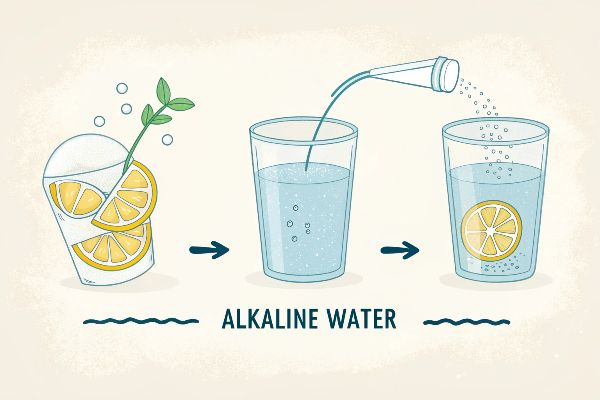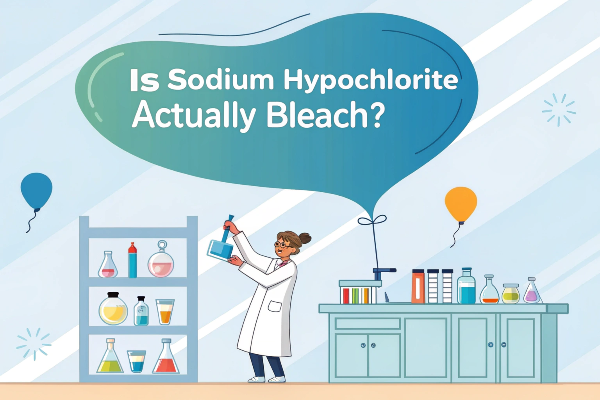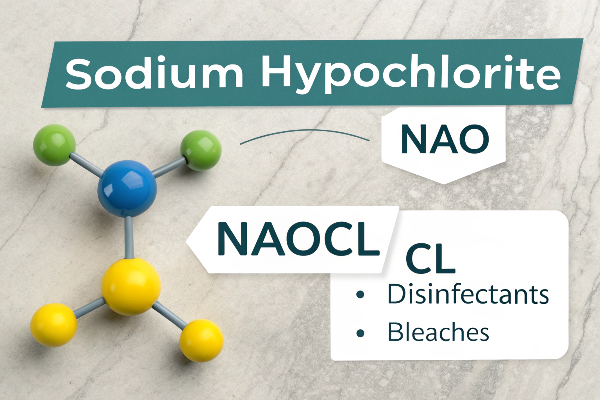As the CEO of a renowned company specializing in platinized titanium anodes, I often encounter questions about the role of anode rods in hot water systems. It’s an area where my experience and expertise come into play, helping to demystify this crucial component of any water heating system.
Anode rods are pivotal in ensuring the longevity and efficiency of water heaters. They safeguard the tank from corrosion, thus guaranteeing a consistent supply of clean, safe hot water. A malfunctioning or absent anode rod can significantly degrade your hot water quality.
The importance of an anode rod goes beyond just extending the life of your water heater; it’s integral to the quality and safety of the hot water you rely on every day.
What Exactly is an Anode Rod and How Does it Function?
Think of Ruthenium-Iridium anode rods and platinized titanium rod as the superheroes of hot water tanks – combating corrosion with their armor and laughing in the face of high temperatures, all while ensuring your tank lives a longer, rust-free life!

Why is the Anode Rod Essential for Hot Water Systems?
The anode rod operates through an electrochemical process, corroding itself to protect the steel tank. This sacrificial role is crucial in preventing tank deterioration, thus maintaining the quality of your hot water.

What are the Consequences of Anode Rod Deterioration?
If the anode rod wears out and can no longer perform its protective role, the tank begins to corrode. This not only risks water contamination but also leads to potential tank failure, resulting in expensive repairs or replacements.
How Often Should You Replace the Anode Rod?
The lifespan of an anode rod varies based on water quality and usage, but typically, it should be replaced every 3 to 5 years. Regular inspection is key to ensuring its effectiveness.

Can the Anode Rod Influence Water Odor and Taste?
Regarding water taste, ruthenium-iridium anodes do not typically alter the taste of water. Their chemical stability ensures that they do not dissolve or release substances that might impart flavors or odors into the water. Consequently, these anodes are a preferred choice in applications where maintaining water purity and taste is crucial.

The Impact of Water Quality on Anode Rod Degradation
The quality of your water significantly influences the anode rod’s degradation rate. Hard water, rich in minerals, can hasten the erosion of the rod, necessitating more frequent replacements.
Identifying the Right Anode Rod for Your Water Heater
- Platinum-Coated Anode Rods Suitable Water Quality:
- Soft to Moderately Hard Water: Platinum-coated anodes perform well in soft to moderately hard water conditions. They are resistant to calcification, which can occur in harder water.
- Low to Moderate Mineral Content: Ideal for water with low to moderate levels of minerals like calcium and magnesium. High mineral content can lead to scaling, against which platinum coating offers a degree of protection.
- Neutral to Slightly Alkaline pH: Best suited for water with a neutral to slightly alkaline pH. Extreme pH levels can affect the anode’s performance and durability.
- Ruthenium-Iridium Anode Rods Suitable Water Quality:
- Wide Range of Hardness Levels: Ruthenium-Iridium anodes are versatile and can function effectively in a wide range of water hardness levels, including very hard water.
- High Mineral Content: These anodes are particularly suitable for water with a high mineral content. They resist corrosion and scaling even in mineral-rich environments.
- Varied pH Levels: Able to withstand varied pH levels, ruthenium-iridium anodes maintain their integrity and effectiveness in both acidic and alkaline water conditions.

Installation and Maintenance Tips for Anode Rods
Installing and maintaining an anode rod requires technical knowledge but is a manageable task. Ensure the power to the water heater is turned off before starting, and always follow manufacturer guidelines. If you’re not comfortable with DIY repairs, seeking professional assistance is advisable.

The Environmental Aspect of Anode Rods
As a business focused on sustainability, we understand the environmental implications of anode rods. Their role in extending the life of water heaters contributes to reducing waste and promoting energy efficiency. By maintaining your anode rod, you’re not just caring for your water heater; you’re also making a more environmentally conscious choice.
Anode Rods and Water Heater Efficiency
A well-maintained anode rod not only protects the tank from corrosion but also aids in maintaining the efficiency of the water heater. A corroding tank can lead to higher energy usage and costs, making regular anode rod checks a financially savvy practice.

Conclusion
In conclusion, anode rods play a vital role in the health of your water heater and the quality of your hot water. Their maintenance and timely replacement can save you significant expenses and ensure a steady supply of clean, safe hot water. As a leader in the anode industry, I advocate for the awareness and regular check-up of this essential component to guarantee the optimal performance of your water heating systems.
That’s the end of our deep dive into anode rods and their impact on hot water. Remember, a little attention to this small component can make a big difference in your daily life.





